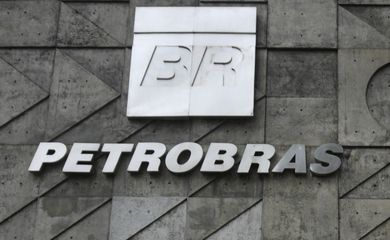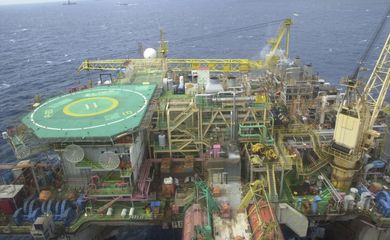Experts differ on Petrobras recovery strategy




The main point of disagreement is Petrobras's role as a key investment driver in Brazil.
After posting losses of $7.2 billion in 2014, including $2 billion in graft and nearly $15 billion due to poor project management, Petrobras has turned the corner and entered a new era according to President Dilma Rousseff. Experts heard by Agência Brasil agree that a major challenge lies ahead in the way back to normalcy as the company struggles to overcome the damage caused by a massive corruption scandal. However, there are mixed views as to the best recovery strategy.
The main point of disagreement is Petrobras's role as a key investment driver in Brazil. On the one hand, the company needs to mitigate its debt, which could include canceling projects and possibly increasing fuel prices. Others argue that the company should expand its range of operations and consider refinery projects. In this scenario, the State would maintain a strong presence in the company, but far from the influence of political parties.
According to economist Adriano Pires, head of the Brazilian Infrastructure Center, the central challenge for Petrobras is to overcome its $118 billion debt, which exceeds the company's market value of $57.8 billion. If the company was to be sold at market value today, the revenue would not be enough to cover half of the debt amount. In his opinion, the company has no choice but to increase gasoline and diesel prices to put its accounts back on track.
“Even if the recently posted [2014] financial results improve the outlook in the short run, what will make the difference in the medium and long term is the company's liabilities. In order to change this delicate situation, the company needs an austerer price policy similar to that of the power industry and must raise fuel prices at refineries,” says Adriano Pires.
He maintains the increase in domestic prices is needed even amid falling oil prices in the global market. “The increase in gasoline and diesel prices earlier this year resulted from a tax increase,” he said, noting Petrobras had no stake in the hike. He views project cancellations as inevitable in the path of restoring Petrobras's financial health and improving management at the company. “Design errors resulting in a $15 billion loss were even more damaging than the $2 billion lost to corruption.”
Paulo César Lima, a legislative advisor to the Chamber of Deputies and author of a number of studies on the oil and gas sector, disagrees. In his opinion, canceling refinery projects and focusing on oil drilling could reduce Petrobras's value and be disastrous for the country in the medium term. “The company is going the market's way, one where it doesn't need any refinery investments and is likely to start profiting again by exploiting the best pre-salt areas. But for the country, this is the worst possible scenario.”
According to Lima, failure to invest in refinery could keep Brazil dependent on fuel imports, further exacerbating one of the main bottlenecks of the domestic oil and oil products market. Although it is self-sufficient in oil, Brazil is forced to export the crude oil and import most of its gasoline and diesel needs because of a shortage of refineries.
“What the company would really need is a strong state presence free from partisan affiliations to keep the infrastructure investments in the country, rather than behaving as a private oil company,” he went on, pointing out this model has been successfully pursued in Norway. “Even the United States require the oil drilled in the country to be refined before exporting. Brazil exports almost all the oil without refining it.”
Another point raised by Lima is about the method used by Petrobras in its bookkeeping practices. According to him, about 46 billion barrels of oil auctioned by the state in a concession model (in areas other than the pre-salt) should count into the company's balance sheet. “The right to operate this oil would increase Petrobras' assets by at least $250 billion, enough to offset the losses reported in its financial statement,” he concluded.
Translated by Mayra Borges
Fonte: Experts differ on Petrobras recovery strategy



